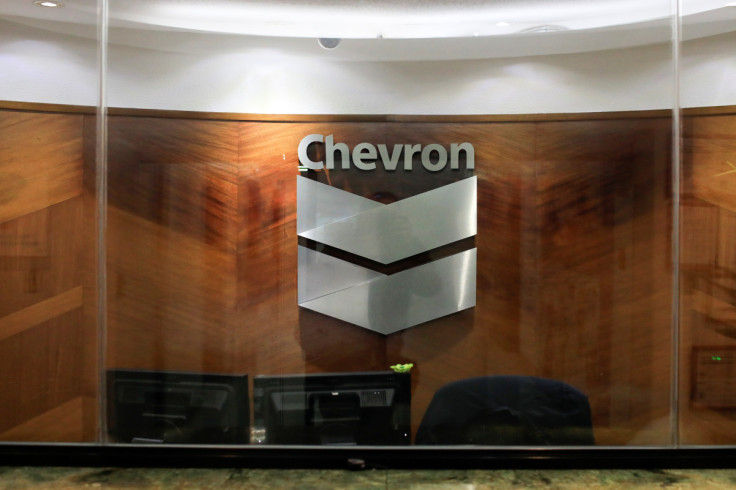Washington Plays Hardball With Chevron's Venezuela License Over Mexico Talks

U.S. officials have made clear that allowing oil major Chevron to expand in Venezuela depends on a grand gesture: the Venezuelan government and opposition returning to election talks in Mexico at least for a first round, three people close to the matter said this week.
Under a technical service agreement signed with Venezuela's oil company PDVSA this summer, Chevron asked the U.S. Treasury Department to relax sanctions on Venezuela, allowing the company to take operational control and have a greater say in procurement and trading at the four oil ventures it shares with PDVSA.
But the State Department has insisted that any relevant easing of sanctions will only come if Venezuelan President Nicolas Maduro returns to talks and takes concrete steps toward free elections.
Chevron's request has become entangled with the U.S. State Department's wider political discussions, and rising Congressional opposition ahead of November U.S. elections to any move that can benefit Maduro, whose 2018 reelection was not recognized by Washington.
President Joe Biden's administration this year has begun considering Chevron's request with more urgency as Washington looks for oil to replace supplies hit by sanctions on Russia over the war in Ukraine as well as the OPEC+ decision to cut output, a person in Washington familiar with the matter said.
But no final decision has been made, the person added.
Experts within Venezuelan opposition raised a new hurdle to Chevron's proposal, saying it could violate Venezuelan law that bars private control of any oil joint venture. In a letter to U.S. State Department officials this month, opposition leader Juan Guaido asked for details of Chevron's request.
On Tuesday, U.S. Assistant Secretary of State for Western Hemisphere Brian Nichols is expected to hold a virtual meeting with Guaido envoys to discuss the matter and the status of political negotiations, the people said.
The State Department did not immediately respond to a request to confirm or comment on the meeting.
Chevron did not have an immediate comment.
IN WHOSE COURT IS CHEVRON'S VENEZUELA DEAL?
Venezuela's oil minister Tareck El Aissami in August said any progress in relaunching Chevron operations would depend on Washington.
"We have discussed and agreed with them everything related to the immediate restitution of operations. But it no longer depends on us. The ball is on the U.S. government's court," he said.
An eventual expanded license to Chevron is Washington's main negotiation tool to get political talks rolling. The permit would help restore Venezuela's oil industry, where production has plateaued, and it is Chevron's best hope of recouping billions of dollars in unpaid debt from a country where oil companies are leaving almost en masse.
Since a surprise trip to Caracas in March, U.S. officials have progressed slowly in negotiations with Maduro. The two countries have exchanged prisoners - including nephews of Venezuela's first lady - and discussed ways for humanitarian relief, while Washington removed sanctions on a top Venezuelan official.
But the hardest topic - a free and transparent presidential election that could replace Maduro - remains largely untouched and Guaido's team is feeling increasingly left out of the U.S. and Venezuelan government discussions.
Mexico City is expected to be the place for progressing on election talks, following an agreement last week in Panama by opposition parties to hold their own primaries in June.
But Maduro envoy Jorge Rodriguez has not committed to any dates for the first meeting. A proposed date for resuming talks - on Oct. 22 - has not been confirmed and Chevron's existing U.S. license is due to expire after midnight on Nov. 30.
Venezuela's most recent request is that the wife of businessman Alex Saab, join the talks, two of the sources said. Saab remains in a U.S. jail under money laundering and bribery accusations.
© Copyright Thomson Reuters 2025. All rights reserved.



















